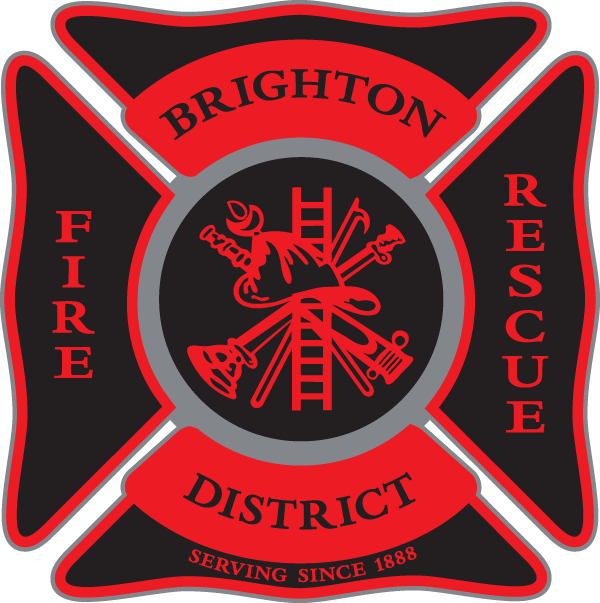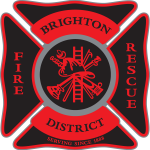Often considered the unofficial kick-off to summer, Memorial Day weekend includes lots of celebrations featuring cookouts and barbeques. But it also means the increased risk of grilling fires, as May is among the leading months for home grilling fires. The peak months for grilling fires are July, followed by June, May, and August.
On average each year (between 2013 and 2017), U.S. fire departments responded to 10,200 home fires involving grills, hibachis, or barbeques, including an average of 4,500 structure fires and 5,700 outside or unclassified fires. These fires resulted in 10 civilian deaths, 160 civilian injuries, and $123 million in direct property damage, on average each year.
Leading causes of home grilling fires include failing to properly clean the grill, leaks or breaks, and having a flammable object too close to the grill. Unattended cooking is a major cause of all types of cooking fires, including grill fires. Leaks and breaks are a particular problem with gas grills.
NFPA offers these tips and recommendations for enjoying a fire-safe grilling season:
- For propane grills, check the gas tank for leaks before use in the months ahead. (Watch NFPA’s video on how to check for leaks.)
- Keep your grill clean by removing grease or fat buildup from the grills and in trays below the grill.
- Place the grill well away from the home, deck railings, and out from under eaves and overhanging branches.
- Always make sure your gas grill lid is open before lighting it.
- Keep children and pets at least three feet away from the grilling area.
- If you use starter fluid when charcoal grilling, only use charcoal starter fluid. Never add charcoal fluid or any other flammable liquids to the fire. When you a finished grilling, let the coals cool completely before disposing in a metal container.
As the long weekend fast-approaches, take the time to inspect and test your grill, and make sure you have a safe location for using it!


